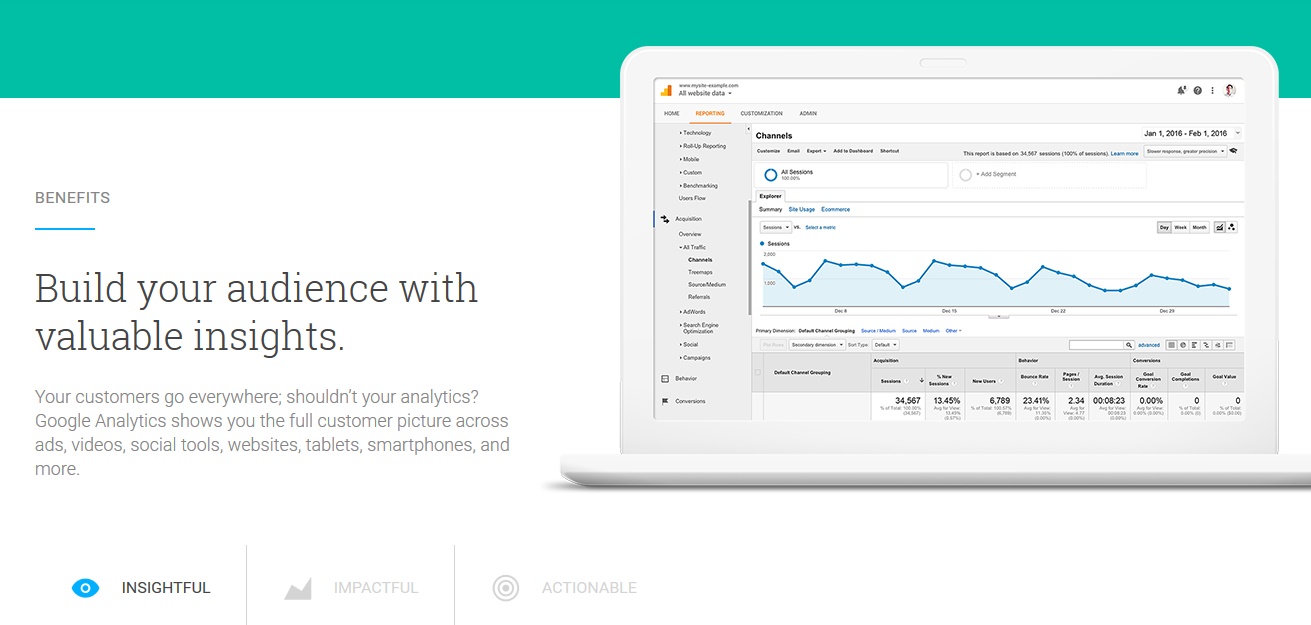Considering launching an ecommerce business, but uncertain if it’s a good idea? I don’t blame you. The advantages of selling online are immense, but the tragic history of online business failures should make anyone think twice.
Here are four of the best reasons to sell online—and how these same advantages can turn into traps for the unwary entrepreneur.
Last updated 10/22/2018.
1. Low Costs
Setting up a business with a physical storefront will typically run you five figures or more. It can also easily cost tens of thousands more every year.
In contrast, you can create an online store for just a few hundred dollars if you’re willing to learn HTML and the basics of web design. If you need to hire web designers or developers, it may cost you a few thousand instead—still way cheaper than bricks and mortar! You can then expect annual expenses as low as $100–$300 if you keep things simple.
Want even lower expenses? One of the advantages of eBay and Amazon is that setting up an account is free. No website or contractors needed!
The Pitfalls

The low cost of selling online has made it the downfall of many get-rich-quick schemers. For example, many look at eBay’s low final value fees and decide to try selling there without understanding the full cost of selling on eBay. They therefore lose money on things they thought would turn a profit.
Selling online comes with its own expenses, like shipping and handling. These costs are easy for newcomers to underestimate. It’s cheaper to sell online, but not free!
2. Freedom
If you decide you’re only going to sell online, then you won’t be bound to a physical location. You can live anywhere you can store your inventory, access quality carriers, and connect to the Internet.
This has huge benefits; for example, you can:
- Move somewhere where your taxes and expenses will be lower.
- Get started without leaving your current home or hiring someone to manage a new store in a new location.
- Pack up and relocate if your significant other gets a new job.
This kind of freedom can have an enormously positive effect on your business and your personal life. It can also help a lot with keeping your stress under control.
The Pitfalls
Some new sellers take their ability to work when they want a little too far. Ecommerce customer service plays a huge role in securing repeat business. If you aren’t consistently shipping products and answering customer questions in a timely manner, then you can rapidly lose any business you had and your chances of getting more.
3. Ease of Expansion

With a brick-and-mortar business, increasing your selection and reaching out to new markets are major operations. There’s only so much you can do with creative shelving. Eventually, you need to look at opening a new location or launching a construction project to expand your store—which often isn’t an option.
When you’re selling online, you can just rent extra warehouse space when your inventory outgrows your storage capacity. You can add a virtually limitless number of products to your website and marketplace accounts with minimum expense.
You can also reach new demographics through clever use of keywords and a little market research. There’s much less need for rebranding and none for buying locations where your new target market shops.
The Pitfalls
Just because you can feasibly sell anything to anyone online doesn’t mean you should. It’s best to start with a few products you know you can sell, and to grow gradually as you learn more through experience. Even Amazon started with just one category (books). Buying every remotely promising product you find is a sure way to bury yourself in unsold inventory.
4. Ease of Analysis
Tracking customer behavior is a major challenge for brick-and-mortar marketing teams. This has pushed many into creating membership programs that trade discounts for data about the customer’s buying habits. Ever get a card at Rite Aid or Price Chopper? That’s what I’m talking about.
Gathering this info is way easier online. Google Analytics alone (pictured below) provides information that’s worth the price of a full-time employee.
If you can think of a type of information you want to gather from your customers, you can find an online tool that tracks it.
The Pitfalls
Tracking tools are useless—and sometimes even harmful—when used incorrectly. You often need to know some code to use them correctly, and always need to spend time learning their ins and outs. Otherwise you’ll get inaccurate or incomplete data.
If you’re getting bad information from your tools—or even misinterpreting accurate info—you can easily send your business in the wrong direction.
Know your tools. If you don’t have the time to master them, hire someone who already has.
Are the Advantages of Selling Online Worth It?
Selling online can easily make your business more competitive and profitable. So why do so many online businesses fail?
The answer is simple: overconfidence and undereducation. Too many would-be entrepreneurs see that it’s easier to sell online than from a brick-and-mortar store, and then assume that it’s easy to sell online.
The advantages of selling online are still more than worth the risks—we've been quite successful at it ourselves! It's actually why we built ChannelReply. However, you must be prepared for the challenges of running a business. And if you already run a business, you must be prepared for the unique challenges of selling in this new environment.
We have plenty of ecommerce advice here on the ChannelReply blog. Cruise around for a while and see what else you can learn!





